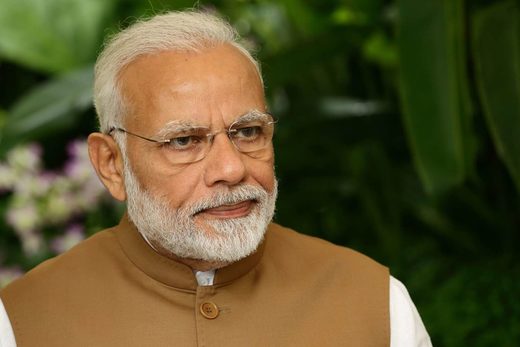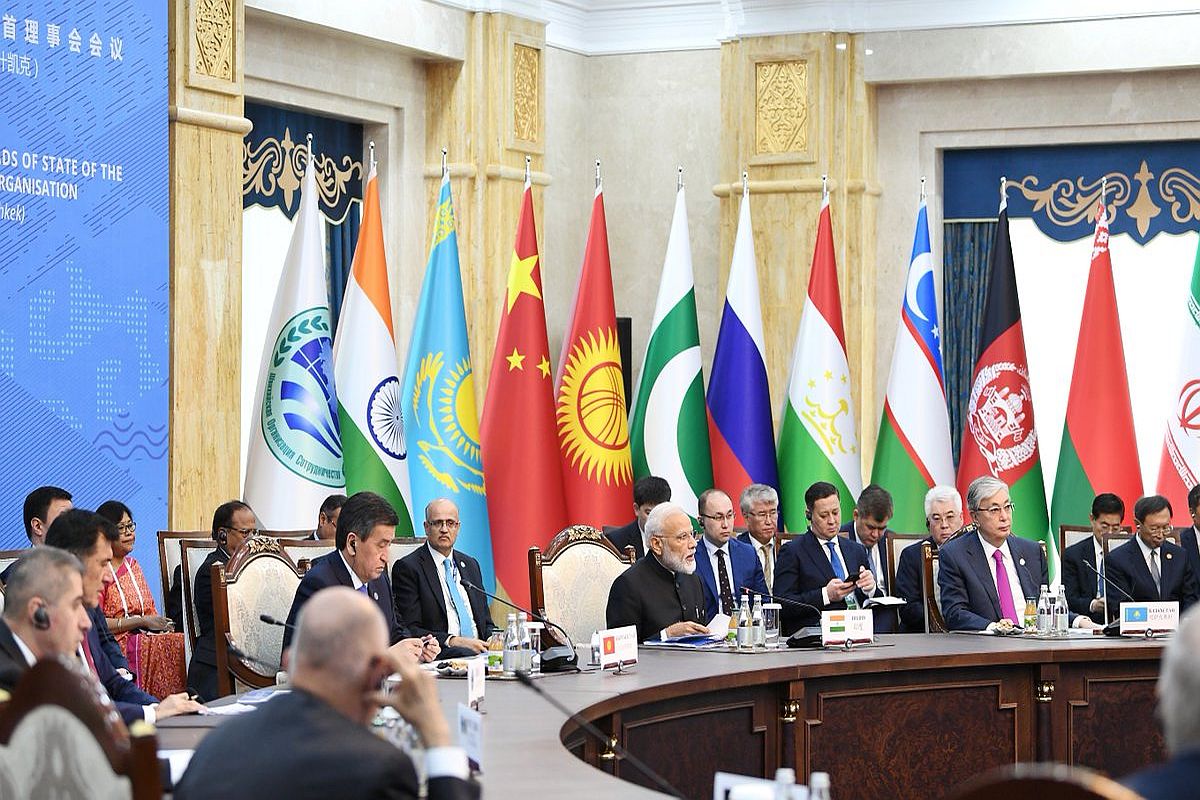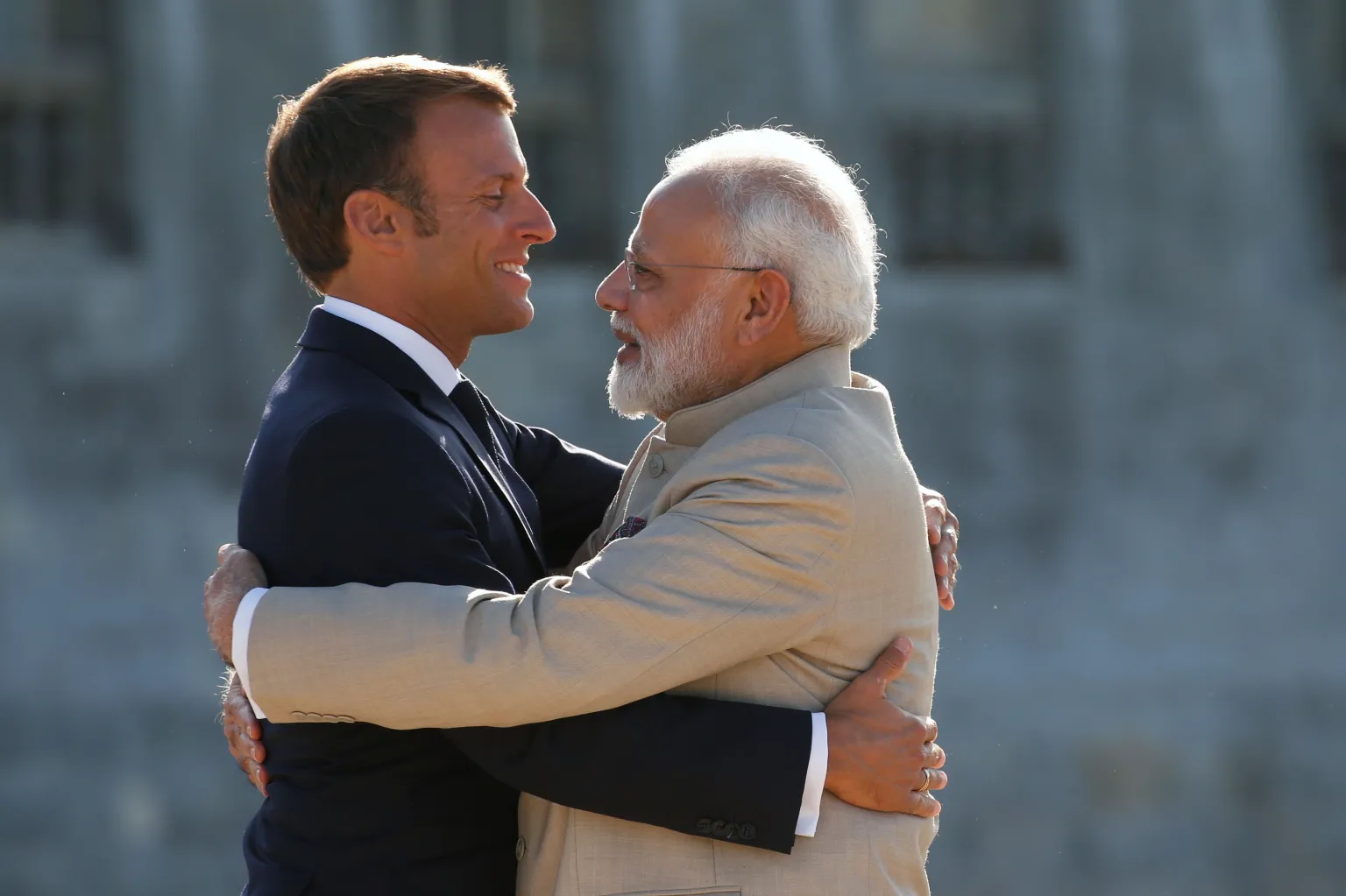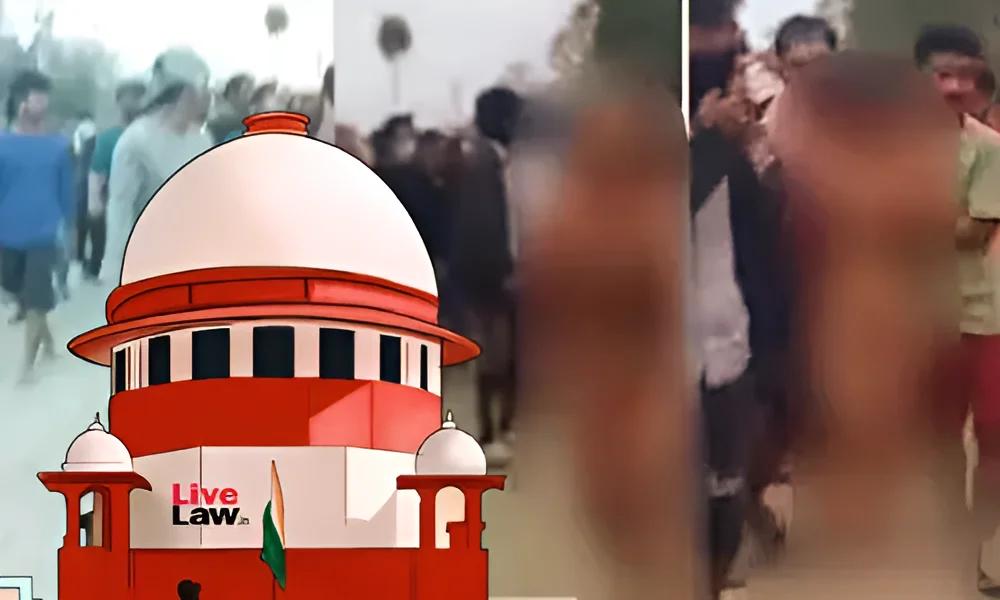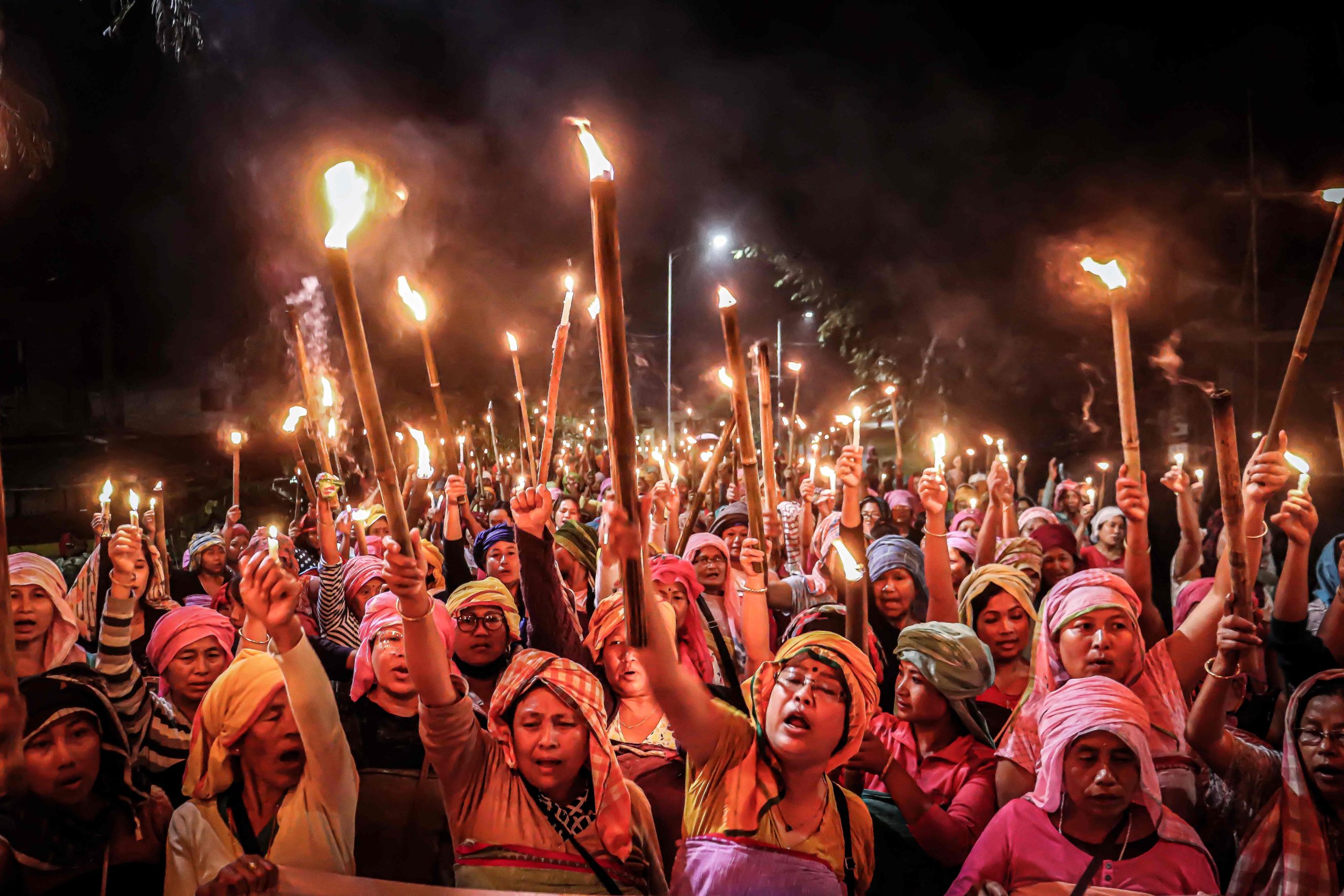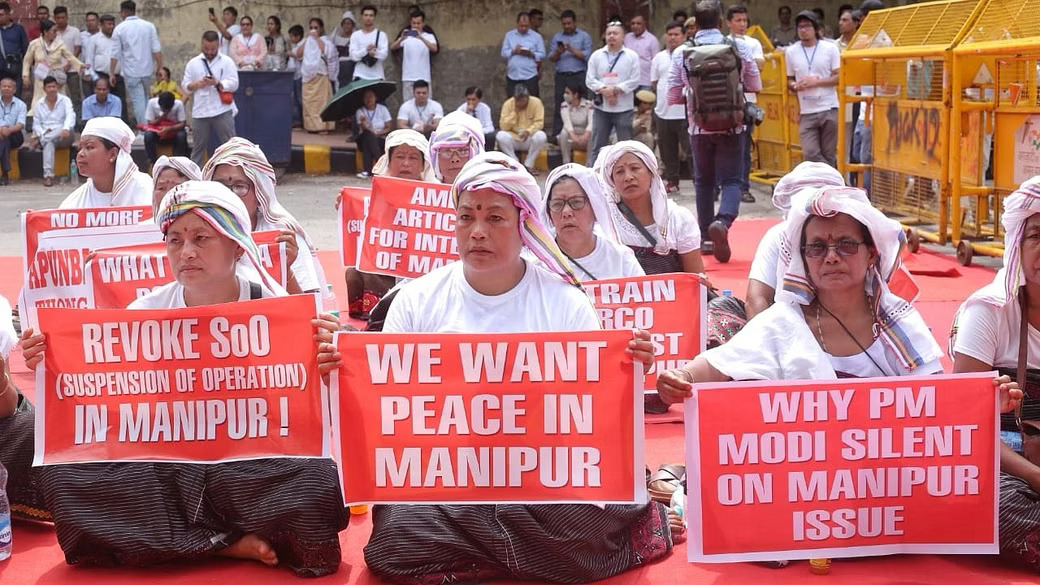Manmohan Singh, who served as prime minister of India from 2004 to 2014, was criticised by Narendra Modi during his election campaign in 2014. Modi, being the leader of the Bharatiya Janata Party (BJP), harshly criticised Manmohan Singh’s United Progressive Alliance (UPA) administration’s economic policies and leadership.
Narendra Modi took tremendous joy in slamming Manmohan Singh as “weak” and “voiceless” throughout the 2014 election campaign. He was commonly called “Maun”mohan Singh at rallies, a pun on the Hindi term for quiet. Modi questioned “Maunmohan” Singh and Sonia Gandhi at a rally in Shimla as to why they remained silent under the UPA on topics like inflation and price increases.
Every insult Modi hurled at Manmohan Singh is now coming back to haunt him as his own karma. In 2012, more than ten years ago, Modi found himself alone. Even the RSS publication Panchjanya criticised Modi’s style of operating’ as Gujarat’s chief executive. Several prominent Gujarat elders, including former chief minister Suresh Mehta, Kashiram Rana, Gordhan Zadaphia, Nalin Bhat, Sidharth Parmar, and Pravin Maniar, were pitted against Modi.
Keshubhai Patel, who was sick and elderly, frequently swore and dubbed his old student a “rhino.” He urged people to be on the lookout for the braggart’s actions, known in Gujarati as lanpot sankh. He called Modi a “demon” who supported capitalists over the underprivileged.
Ten years later, Modi’s connection to the entrepreneur Keshubhai was thinking about has left him virtually dumbfounded. The incriminating discoveries made in the Hindenburg report concerning his friend Gautam Adani’s alleged stock market manipulations, accounting problems, and unreported transactions have gone unmentioned by him. The Adani Group’s net worth was cut in half as a result of the ensuing stock market volatility.
The opposition pushed for a joint parliament committee (JPC) investigation into the fraud and demanded that the prime minister appear before the house to discuss his relationship with the Adanis. The opposition’s demands shocked the legislature. Modi has always insisted on his deadly silence, but his colleagues have steadfastly resisted any requests for public scrutiny either inside or outside of parliament. Arvind Kejriwal, the chief minister of Delhi, even went so far as to claim that Modi ‘really’ owned the money in question. Adani, according to him, is only a front.
A chief minister has made an incredibly grave accusation. The nation’s prime minister’s very personal integrity has been questioned by him. In the past, Modi has accused the UPA administration of a number of frauds. However, Manmohan Singh has never been charged with personal participation. In actuality, not even Rajiv Gandhi, who was accused of benefiting his associates at the expense of himself, has ever been charged with such direct personal involvement in any such crimes in India. This makes Modi’s silence over the Adani controversy even more unexpected and controversial.
At the start of 2023, Modi was completely at a loss for words about half a dozen important topics. Blame the stars or karma. India’s top wrestlers have been protesting the Wrestling Federation of India (WFI) president, Brijbhushan Sharan Singh, a BJP MP, in the streets for several months. Women wrestlers, including children, accused Singh, who had been controlling the whole organisation for years, of repeatedly engaging in sexual misconduct.
His relatives and associates, who were in charge of the entire organisation, have key positions in the WFI. At the same time as the protesters’ dharna and agitation at Jantar Mantar went on, Modi and his ministers were hard at work destroying their spirits. When the new Parliament building was inaugurated, Singh was happily rubbing shoulders with his party leaders while the wrestlers at Jantar Mantar were being beaten by the police. They were held for many hours in the police station before rioting charges were finally brought against them.
The wrestlers travelled to Hardwar to toss their medals into the Ganga at one point after becoming discouraged by Modi’s continued silence. Leaders of the farmers’ unions, however, convinced them not to. The middle class and young people showed the wrestlers a lot of support as well. According to a C-Voter poll, 68.4% of those surveyed wanted the PM to punish the implicated BJP MP severely.
The Khap Panchayats arranged their own protests and offered the wrestlers their full support. Rushing to Delhi, women from the mahapanchayat joined the wrestlers’ dharna. None of this affected Modi, a staunch tyrant who acted according to his own cold calculations. Votes from the Jat community, which may affect 40 Lok Sabha seats spread over four states, are significant to him. However, it can also be politically disastrous in Uttar Pradesh to ignore the Brijbhushan element.
This predicament compelled India’s “strongest prime minister” to have a protracted silence on the subject. But in the background, he made an effort to calm the anxiety. Anurag Thakur, whom the establishment believed to be the most susceptible group, was sent by him to try to wean it off. The Supreme Court’s decision compelled the police to act even if they declined to oversee the inquiry.
The cause of Modi’s steadfast silence on the violence in Manipur, which has been going on for more than two months, falls into a third category. At least 142 individuals have died as a result of the ethnic confrontations that started on May 3 and drove 37,000 people into relief camps and 12,000 others from their homes. There are now around 36,000 members of the central forces stationed in the state. Any remedy the administration recommends might backfire on it since it is caught in a cleft of its own making.
Worldwide, authoritarians stay away from such dangers. They deliberately avoid making controversial judgements and are always looking to claim credit for successful endeavours. Amit Shah was sent to Manipur as a result, but he came up empty. This explains his ten-day stand-off with an opposition delegation over a meeting to discuss the state of Manipur. They eventually left a memo at the PMO. Similar experiences were also shared by other Manipuri delegations. The demonstrators rejected Modi’s ‘Mann Ki Baat’ sermons out of anger over his lack of response. Even the RSS was compelled by the skirmishes to issue an official call for calm, but not the prime minister of India.
Think about how A.B. Vajpayee handled a comparable circumstance in July 2001. He hosted two all-party meetings while leading an all-party trip to Manipur. In a democracy, this ought to be standard procedure. Another custom from the pre-Modi era was discussion in the National Integration Council.
The use of silence as a strategy to avoid difficult facts is becoming more prevalent. Since his 2020 gaffe, the PM has consistently refrained from discussing the influx of Chinese forces near the Line of Actual Control (LAC). To everyone’s amazement, Modi’s declaration that “neither has anyone intruded into Indian territory nor has anyone captured any military posts” was in direct opposition to the claims of his administration.
After his mistake on inflation in February of last year, a similar lack of comment is made on price increases and the state of the economy.
Manmohan Singh had questioned Modi about his aversion to giving news conferences in order to escape media scrutiny back in 2018 in one of his few responses. The former premier is correct. Modi has never had a news conference, in contrast to past PMs. After eight years, he finally appeared at a news conference in the US, but only one question was answered.
Even this completely failed. The Wall Street Journal’s correspondent posed a question that was really humiliating rather than the gentle inquiries Modi is used to. This prompted the BJP’s social media trolls to harass the journalist mercilessly. Things were so horrifying that the White House officially denounced the “harassment.”
Modi gives too much significance to his silence, despite the fact that he is leading the world’s largest democracy and is answerable to the people of India. Nevertheless, criminal silence remains his defining characteristic.
